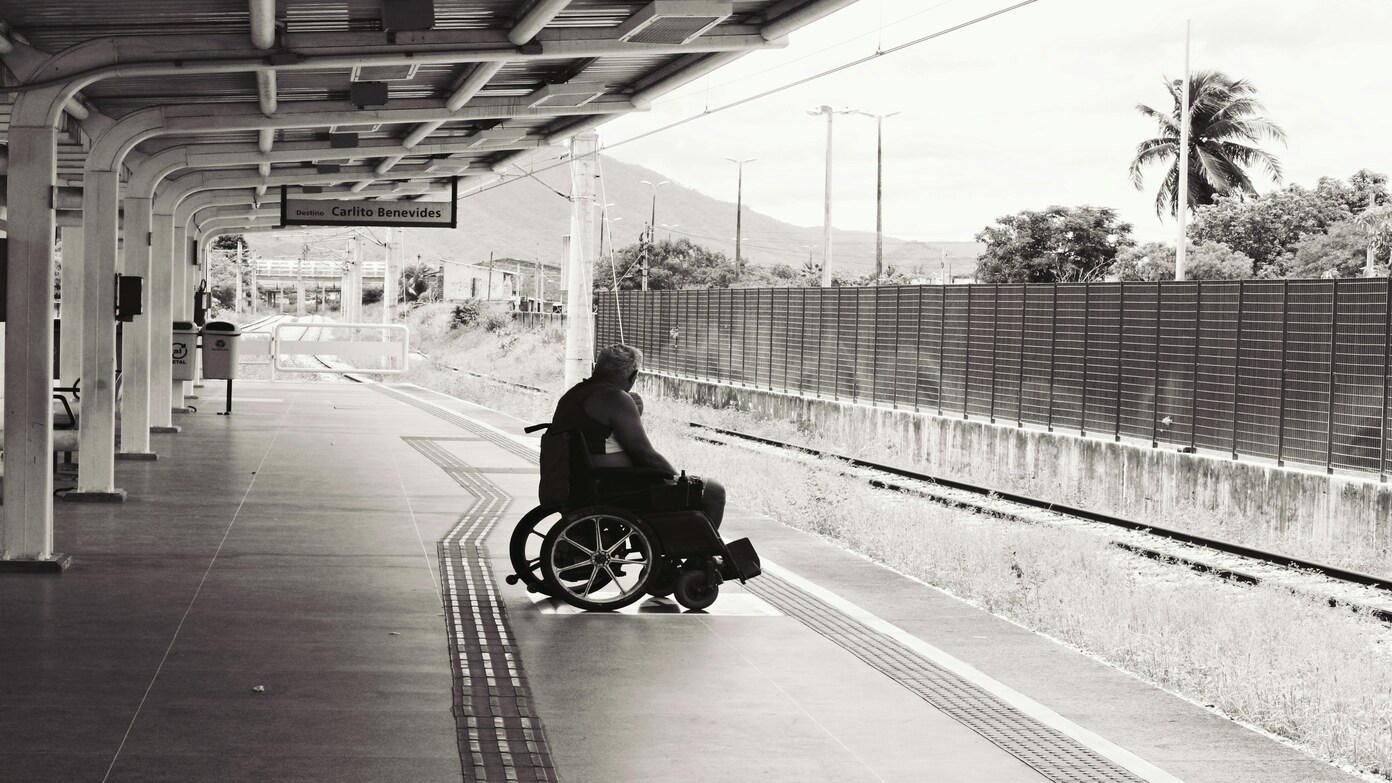The big change coming
The Social Security Administration (SSA) announced that starting September 30, 2025, paper checks will no longer be utilised for Social Security, Supplemental Security Income (SSI), and Social Security Disability Insurance (SSDI) benefits.
It will impact hundreds of thousands of Americans who still get their benefits in the mail. The goal is to make the payments faster, safer, and cheaper for the government.
But here’s the good news: although most will need to switch to direct deposit or a Direct Express debit card, the SSA announced special exceptions will still be given in some cases. So disabled SSI recipients who qualify for exceptions will still get their $943 checks mailed to them.
Why the change is being made
The shift away from paper checks is not new. The federal government has been working for decades to update the method of disbursing benefits.
There are several good reasons for the change:
- Security: Paper checks are 16 times more likely to be stolen, lost, or forged than electronic payments.
- Cost: The government pays about 50 cents per paper check, while paying less than 15 cents for electronic payments.
- Fraud Prevention: Check theft grew exponentially in the COVID-19 pandemic, as mailboxes were being stolen to gain benefits.
- Efficiency: Electronic payments are faster and safer, reaching individuals in time without postal service holdups.
The shift was facilitated further by an executive order that was signed in March 2025 during Donald Trump’s regime, in which all federal agencies were urged to make digital-only payments.
Who still gets paper checks
Although nearly all Social Security recipients (approximately 99%) already receive electronic payments, almost 500,000 continue to receive paper checks. They are in rural locations, tribal areas, or areas with poor banking access.
For these groups, the SSA recognises that a transition to electronic payments is not always feasible. Special case exclusions exist for this purpose.
Disabled SSI recipients who lack a bank, have no internet or banks where they live, or would otherwise suffer hardship can still receive paper checks. Exceptions are handled on a case-by-case basis.
What beneficiaries need to do
Those not entitled to an exemption need to do something by September 30, 2025, or else they miss payments. The following are the most crucial alternatives:
- Direct Deposit
- Payments may be directly deposited into a person’s credit union or bank account. This is the quickest and safest way.
Direct express debit card
In the event that you don’t have a bank account, the government has a prepaid debit card. Benefits are automatically loaded on the card each month.
Special waiver
If absolutely necessary that you can’t go electronic, then you are mandated to ask for a waiver from the Treasury Department. Otherwise, checks will stop after the cut-off date.
The SSA is adding reminders and information with recent checks and offering help through local offices and phone hotlines.
Remaining safe from scams
When there are big changes like this, scammers try to take advantage. The SSA and U.S. Treasury have sent out warnings:
They will never ask you to pay a fee to switch to direct deposit or to start benefits.
Be suspicious of emails, phone calls, or messages from someone who identifies himself as an SSA representative.
If unsure, always call SSA directly through their official website or phone number.
Why some checks will still arrive
Although the push towards digitalisation is underway, the SSA admits that not all citizens have equal access to technology or financial services. For example:
Elderly or disabled persons who live in rural communities far from major cities and without nearby banks.
People in tribal regions with little broadband or banking infrastructure.
Individuals with severe disabilities that pose challenges to digital payment use.
Paper checks will be a choice in those situations, and no one will be excluded from their desperately needed $943 SSI payments.
What’s next
As the September 30, 2025 deadline approaches, beneficiaries are encouraged to:
- Make personal information updates on SSA.gov.
- Choose a payment option now to avoid delays.
- Ask for an exception if electronic payment is not possible in your situation.
The SSA reports it is attempting to make smooth, ongoing payments and protect recipients from fraud and delayed delivery.

